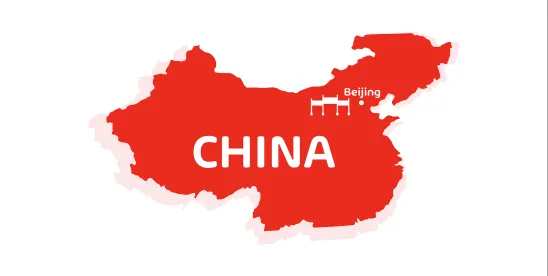On August 14, 2025, Beijing E-Town Semiconductor Technology Co., Ltd. (北京屹唐半导体科技股份有限公司) announced in a filing with the Shanghai Stock Exchange (SSE) that the Beijing Intellectual Property Court has accepted its complaint against Applied Materials (AMAT) for trade secret infringement and appropriating patent application rights. E-Town is requesting damages of 99.99 million RMB. E-Town alleges that AMAT hired two of its subsidiary’s employees and then filed a patent application disclosing its trade secrets with the Chinese National Intellectual Property Administration.

E-Town explained in their filing with the SSE:
Using high-concentration, stable, and uniform plasma for wafer surface treatment is one of the company’s key technologies. This technology is widely used in its semiconductor processing equipment, including dry stripping, dry etching, surface treatment, and modification. The company possesses leading, original technical capabilities in this field and possesses relevant technical secrets.
Applied Materials, the defendant, hired two employees involved in the case who previously worked at Mattson Technology, Inc. (hereinafter referred to as “MTI”), a wholly-owned subsidiary of the plaintiff. These two employees understood the company’s core technologies for plasma generation and treatment methods and were familiar with and mastered the relevant equipment structures and processes. During their tenure at MTI, both employees signed confidentiality agreements, assuming strict confidentiality obligations regarding technical information, including the technical secrets involved in the case.
Evidence shows that after hiring these two employees, Applied Materials submitted an invention patent application to the CNIPA, listing the two employees as the primary inventors. This patent application disclosed the technical secrets involved in the case, which were jointly owned by the plaintiff and MTI. The defendant illegally obtained and used the plaintiff’s technical secrets and disclosed them in China by applying for a patent, claiming the patent application rights as its own. This violated the Anti-Unfair Competition Law of the People’s Republic of China and constituted an infringement of trade secrets, causing serious damage to the plaintiff’s intellectual property rights and economic interests. Upon investigation, the defendant was suspected of promoting and selling products using the technical secrets involved to customers in China, further infringing upon the plaintiff’s trade secret rights.
The case number is (2025)京73民初908号. The full text of the SSE filing is available here: 688729_20250814_BJ7L (Chinese only).



 />i
/>i

